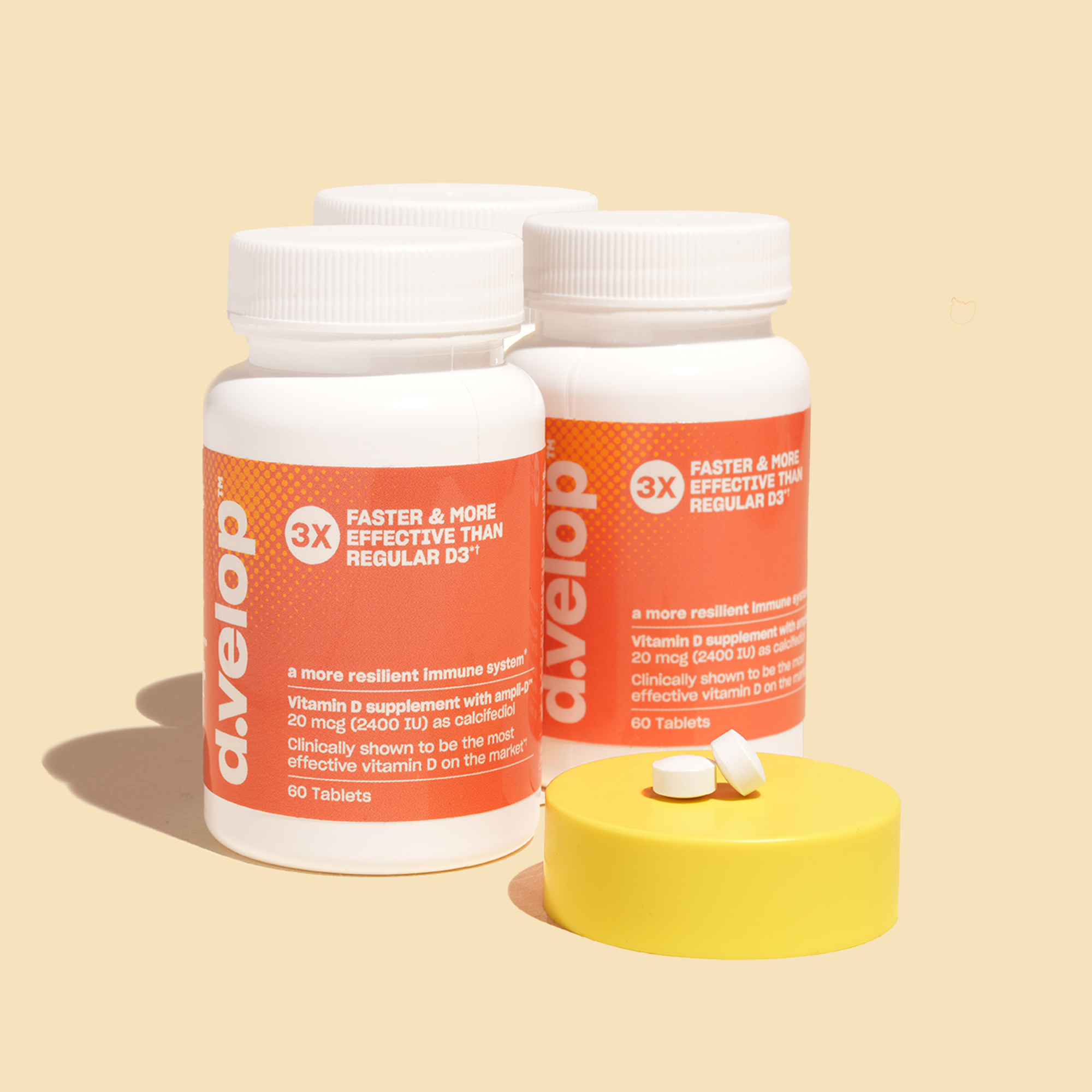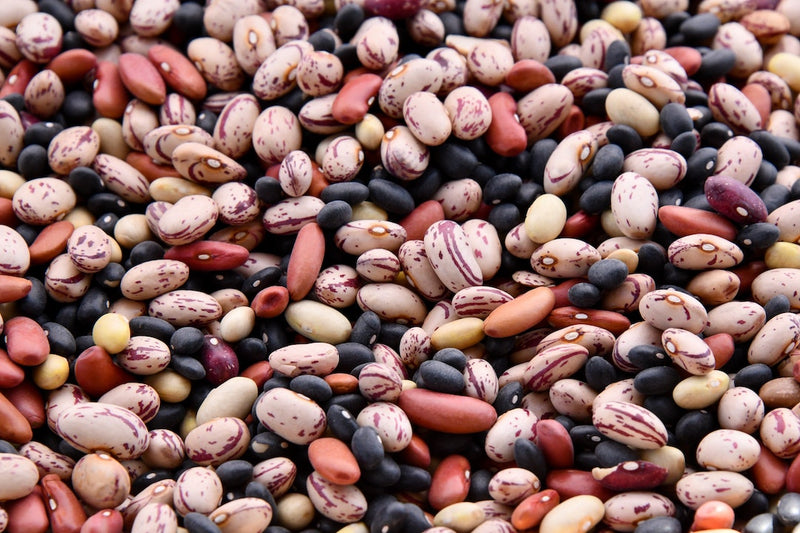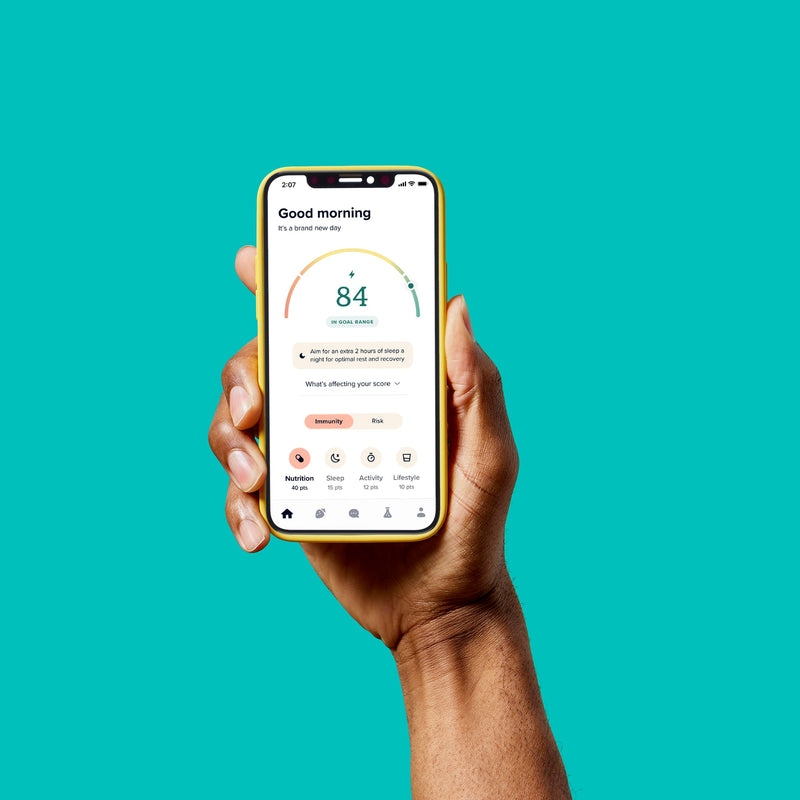Last year, the school year started at the kitchen table. While this school year, many kids are heading back into a classroom. The start of the school year also means the cold and flu season approaches. So, how does your child’s immune system differ from yours?
Our immune systems consist of innate responses, which we’re born with, and adaptive responses learned through exposure to past pathogens. As part of that innate response, babies are equipped with millions of newly-generated immune warriors called T cells. The cells each recognize different pathogens (microorganisms cause disease and viruses) and develop our adaptive immune system (Wilson et al, 2002).
Recent research has suggested that having such a new “untrained” immune system provides children with considerable advantage to fighting off pathogens. Most diseases and pathogens are new for kids, so it’s not that abnormal to face another. Thus, their innate immune response is more aggressive and faster. (Weisburg et al, 2021).
Here are some quick tips to support your child’s developing immune system:
- Ensure they are well rested – Consistent sleep strengthens the immune system, while lack of sleep can disturb the immune system. Without enough rest, kids may be more likely to get sick. Children should have regular bedtime that allows for the right amount of sleep. According to the American Academy of Pediatrics (Paruthi et al, 2016):
- Children ages 3-5 need 10-13 hours of sleep.
- Children ages 6-13 need 9-11 hours of sleep.
- Teenagers ages 14-17 need 8-10 hours of sleep.
- Eat the rainbow - A balanced diet with a full range of vitamins and minerals helps fuel a robust immune system. Add colorful fruits and vegetables to meals. The more color you add to your plate, the greater variety of nutrients you are likely to add-in. Easy ways to do this are by keeping frozen fruits and veggies on hand and using them as sides or mix-ins for meals.
- Keep clean – Support your kid’s immune system through regular hand washing to help prevent the spread of germs. Scrub for 20 seconds using warm to hot water, and rinse.
References:
- Wilson JH, Hunt T. In: Molecular Biology of the Cell, 4th Edition: a Problems Approach. New York, NY: Garland Science; 2002:1423-1425. https://www.ncbi.nlm.nih.gov/books/NBK26846/.
- Weisberg S, Connors T, Zhu Y, et al. Distinct antibody responses to SARS-CoV-2 in children and adults across the COVID-19 clinical spectrum. Nat Immunol;. 2021; 22; 25–31. https://doi.org/10.1038/s41590-020-00826-9
- Paruthi S, Brooks LJ, et al. Recommended amount of sleep for pediatric populations: a consensus statement of the American Academy of Sleep Medicine. J Clin Sleep Med 2016;12(6):785–786.
























































